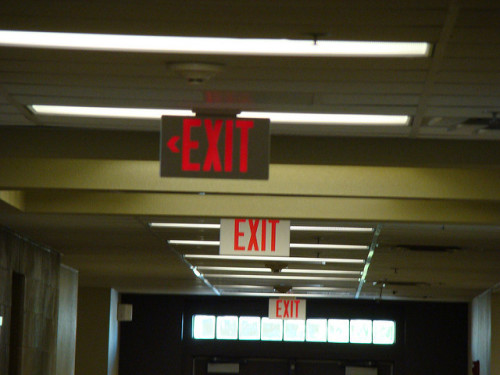
March 17, 2016; New York Times
A new analysis of federal education data shows that black students in charter schools are suspended at four times the rate of white students and that students with disabilities are suspended two to three times the rate of those without disabilities.
The study was done by the Center for Civil Rights Remedies for the Department of Education’s Office for Civil Rights and studied nearly 5,000 charters for the academic year 2011–2012. While the differences are not markedly different from public schools overall, charters tend to suspend students at higher rates in general—7.8 percent in charters as compared to 6.7 percent in traditional public schools.
Sign up for our free newsletters
Subscribe to NPQ's newsletters to have our top stories delivered directly to your inbox.
By signing up, you agree to our privacy policy and terms of use, and to receive messages from NPQ and our partners.
Students with disabilities were suspended at a rate of 15.5 percent as compared to 13.7 percent at traditional public schools. In fact, there were 235 schools in the study that had suspended at least half their students with disabilities. These statistics are even more concerning when disability advocates note that charters accept a lower proportion of students with disabilities than traditional public schools.
Suspension rates for black students get markedly worse with age, with only a third of elementary charter schools suspending more than 10 percent of black students compared to close to 40 percent of charter high schools suspending at least 25 percent of black students enrolled that year.
The New York Times points to research showing that black students are suspended for behaviors for which that white students are not, and that subjective categories like “defiance” or “disrespect” are used more often with black students. Some charter networks have come under fire for suspending for minor infractions under “no excuses” codes of behavior.—Ruth McCambridge











